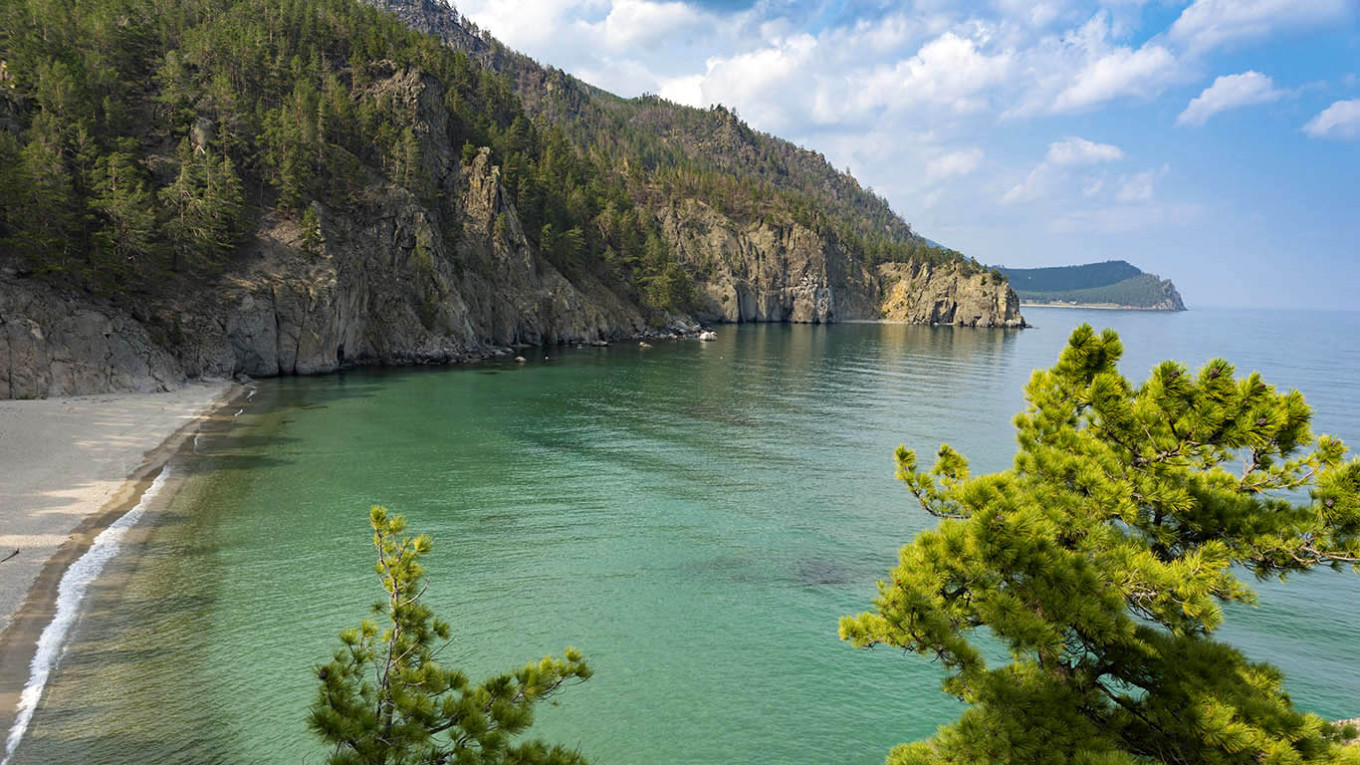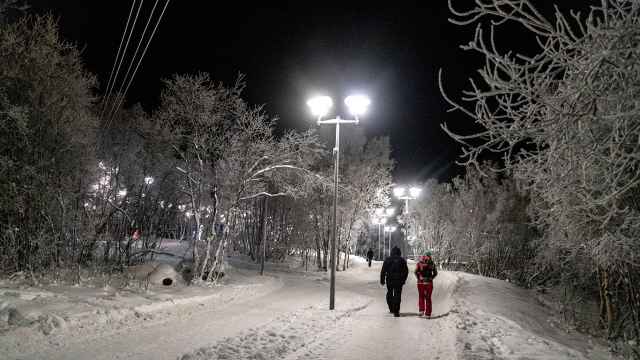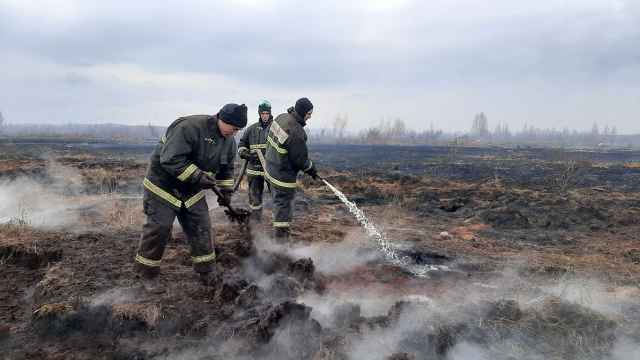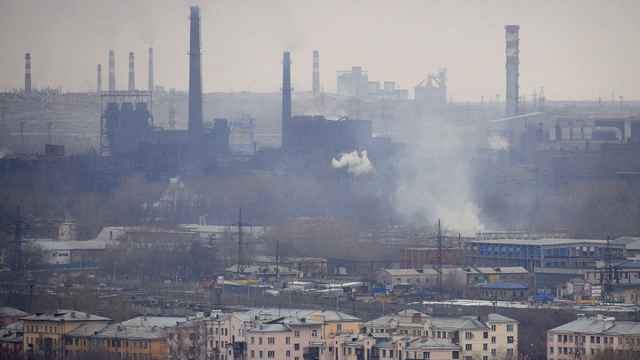I, a Russian environmental activist, have decided to appeal to international institutions to impose sanctions on the co-authors of a bill that threatens the ecosystems of the sacred Lake Baikal. I also demand that UNESCO add Lake Baikal — which is already a World Heritage Site — to its list of endangered sites.
The State Duma recently passed a dangerous bill that puts the future of this lake, which is the size of Switzerland, at risk. Looking at a list of the bill's co-authors, their motive is clear — making money at the expense of destroying nature and forests.
The fight to protect Baikal from greedy officials has been going on for decades. Most of the organizations involved in this struggle have been declared “undesirable,” and activists have suffered persecution.
In 2019, I staged a picket on Pushkin Square with a poster warning that due to global warming, we are facing wars, death, and hunger. It is also apparent that many countries are facing shortages of clean drinking water. Baikal holds 20% of the world's freshwater supplies.

By 2040, almost one in four children will live in areas with extremely high water scarcity. Currently, around 436 million children live in areas with high or extremely high vulnerability to water shortages, a combination of water scarcity and poor infrastructure, according to the UN, along with other alarming realities and calculations.
Lake Baikal is over 4,000 kilometers from Moscow. Like most Russians, I have never been. Perhaps I will not be able to visit Russia for many years. But I continue to care about what we have been fighting for over many years.
During the 2020 pandemic, Fridays for Future organized a campaign against deforestation around Baikal. Many young people then took photos with posters demanding an end to the criminal actions against the sacred lake.
Since then, another four years have passed. I am afraid to share photographs of our campaign because I do not want to put anyone at risk — activism in Russia is now banned.
But I am convinced that we need to find new ways to oppose the destruction of nature in our country.
Greenpeace — which the Kremlin has outlawed as “undesirable” — has opposed the bill for years. According to their calculations, 68% of the forests around Baikal are at risk of deforestation.
Concern over the lake’s future prompted letters from experts, petitions with hundreds of thousands of signatures, rallies and appeals to President Vladimir Putin. An investigation revealed that the bill’s co-authors had ties to timber merchants and construction companies set to profit from its passage. Anatoly Greshnevikov, the author of the previous bill to protect Baikal, called the bill the sacred lake’s “funeral” while speaking in the State Duma.
It seems that everything possible has already been done to prevent this bill from being passed. But unfortunately, the Russian regime is not interested in the opinions of experts and civil society.
Therefore, we need to create new tools to pressure the Kremlin. It is clear that the Russian regime needs cheap money for war, which they intend to obtain by destroying nature, but we must not allow this. If we allow the destruction of Lake Baikal’s ecosystem, no matter who comes after Putin, we will not be able to reverse it.
Moscow is currently redirecting timber sales from the European to the Asian market. But with the introduction of sanctions and international pressure, including secondary sanctions, it is possible this bill could be abandoned and inspire a search for new, more sustainable sources of timber.
No matter what views countries have on wars and geopolitical issues, the destruction of the Lake Baikal ecosystem is a crime against humanity and our planet.
A Message from The Moscow Times:
Dear readers,
We are facing unprecedented challenges. Russia's Prosecutor General's Office has designated The Moscow Times as an "undesirable" organization, criminalizing our work and putting our staff at risk of prosecution. This follows our earlier unjust labeling as a "foreign agent."
These actions are direct attempts to silence independent journalism in Russia. The authorities claim our work "discredits the decisions of the Russian leadership." We see things differently: we strive to provide accurate, unbiased reporting on Russia.
We, the journalists of The Moscow Times, refuse to be silenced. But to continue our work, we need your help.
Your support, no matter how small, makes a world of difference. If you can, please support us monthly starting from just $2. It's quick to set up, and every contribution makes a significant impact.
By supporting The Moscow Times, you're defending open, independent journalism in the face of repression. Thank you for standing with us.
Remind me later.








